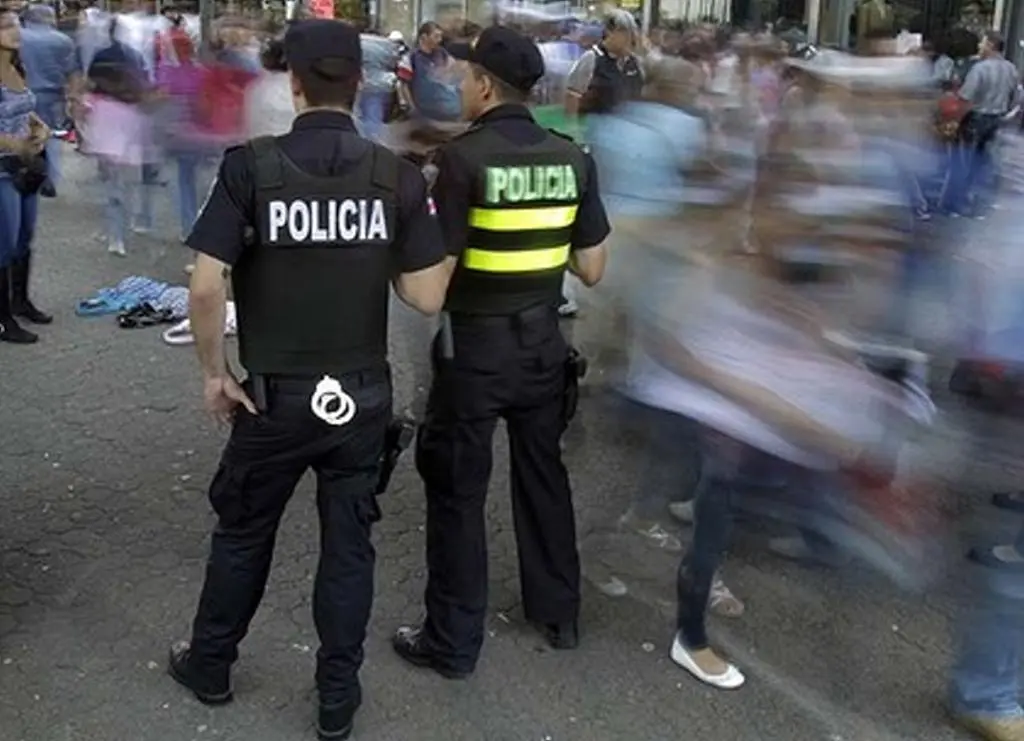Costa Rica, once the poster child for serene eco-tourism and pura vida vibes, is now facing a narrative pivot sharp enough to make a toucan drop its fruit. With a crime surge that’s more dramatic than a telenovela twist, the nation is looking to its neighbor, El Salvador, for some hardline inspiration. Yes, you read that right. The country known for its “no army” policy is considering going “mano dura” on crime.
A Crime Wave Crashes into Paradise
Picture this: Costa Rica, where the biggest dilemma used to be choosing between the beach or the rainforest for your afternoon adventure, is now grappling with a 40% hike in homicide rates over just the last year. President Rodrigo Chaves, not typically known as the “lock ’em up and throw away the key” type, is suddenly all about setting a “reference” point with El Salvador’s draconian playbook.
Chris Dalby, a name you’d expect to see in crime novels rather than think tanks, states, “Chaves is on a mission… And he’s not tiptoeing around.” The plan? Crank up jail sentences for minors, say “yes” to extraditions, and give preventive detention a whole new lease on life.
Taking a Page from Bukele’s Book
El Salvador’s President Nayib Bukele, with his method of suspending constitutional rights to combat gangs, has become somewhat of a controversial celebrity. Despite raising eyebrows across human rights circles, his approach has seen crime rates plummet and his popularity soar. “Who knew that becoming the teacher’s pet in the school of hard knocks could win you fans?” one might muse.
Yet, as Chaves navigates this “inspired” path, he’s quick to add, “But wait, I’m not trying to be Bukele’s doppelganger.” His strategy signals a seismic shift for Costa Rica’s traditionally softer touch on crime.
Political Plot Twists
In the hallowed halls of Costa Rica’s Congress, where the opposition holds the reins, there’s a budding flirtation with the idea of getting tough on crime. “Bukele’s crime-fighting saga? Now, that’s binge-worthy,” quips lawmaker David Segura, echoing a sentiment that’s gaining traction amidst fears for the country’s $2 billion tourism storyline.
Public Opinion and Political Chess
As Bukele basks in the glow of being Costa Rica’s favorite imported political drama star, Chaves is seeing his own ratings take a nosedive. The plot thickens as Chaves’ “mano dura” script faces a cliffhanger in Congress, with critics labeling it a genre shift too far for Costa Rica’s democratic narrative.
A Cast of Critics and Supporters
From the soapbox of social discontent and unemployment, gangs have found new recruits, while political tiffs with neighbors add a dash of international intrigue to the mix. “How do we address a teen with an AK-47? Surely not like a kid caught stealing candy,” Chaves muses, setting the stage for a societal reckoning.
Yet, amidst calls for adopting Bukele’s blockbuster tactics, voices like former President Laura Chinchilla remind us, “Our story’s always been one of peace. Why change the script now?” Meanwhile, others in the political ensemble suggest maybe, just maybe, Costa Rica’s ready for a plot twist.
So, as Costa Rica stands at this crossroads, the question becomes: Will it stick to its lauded script of peace and pura vida, or will it take a cue from El Salvador’s thriller and embrace a tougher stance on crime? Only time will tell if this will be a critically acclaimed move or one that leaves audiences pining for the original storyline.


1 comment
[…] Source link […]